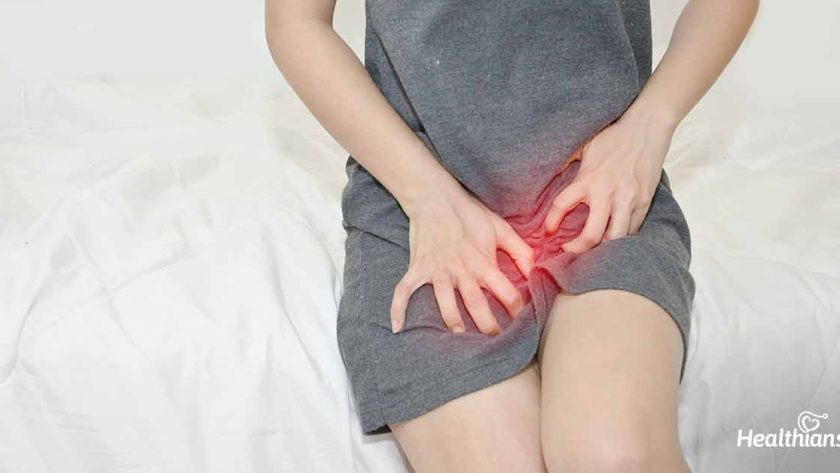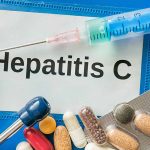[ad_1]
Contributed by: Rachana Arya
When it comes to dealing with intimate health issues like vaginal yeast infections, most women rely on advice that’s completely incorrect – and even harmful. Three out of four women get a yeast infection in their lifetime. But still, there’s a lot of misconception about this pesky problem — perhaps because symptoms like itching, burning, and discharge are uncomfortable to talk about.
The causes of yeast infection are often misunderstood. This incredibly common infection can occur whenever the natural pH level of your vagina is disrupted. Conditions that cause an imbalance in natural vaginal flora include:
- Hormonal changes in the body
- Prolonged use of certain antibiotics
- A weaker immune system
- irritation of the vaginal area
- Being pregnant
- Taking oral contraceptives
- Uncontrolled diabetes
- The use of vaginal sprays and perfumed feminine sprays
Most women will get at least one yeast infection in their lifetime. Yeast infections are less predictable, and this is due to the fact that there are so many fallacies regarding yeast infections flying around the internet that the only thing you can be sure of is that the genital fungal infection causes your vaginal itch and your urine to burn.
Here’s how to avoid some common myths and misconceptions surrounding the condition:
Myth #1: Sex is the primary cause of yeast infections
Fact:
It is a common misconception that yeast infections are Sexually Transmitted Infections (STIs). However, yeast infections are technically not caused by sexual activity, — someone can get a yeast infection without ever having had sex—and doctors do not consider yeast infections to be STIs, but they do occur more in sexually active women.
Myth #2: Getting a yeast infection means the person is unhygienic
Fact:
Yeast infections can happen for various reasons and are not indicators of how clean a person is. A lot of conditions — taking antibiotics or birth control pills, being pregnant, or having a chronic illness, can upset the balance of the normal flora and can cause a yeast infection to occur that doesn’t deal with a person’s cleanliness.
Myth #3: Diet doesn’t affect one’s likelihood of getting a yeast infection or the ability to cure it
Fact:
There is no major scientific evidence that a specific food helps maintain the appropriate chemical balance; nonetheless, a balanced diet and exercise can aid in the fight against general diseases, including yeast infections. They are not prevented by yogurt or probiotics. Some people suffer from recurring yeast infections and may benefit from lowering their sugar or carb intake.
Myth #4: You can’t cure a yeast infection
Fact:
Yeast infections are usually simple to treat. It is possible to cure a yeast infection with antifungals, either intravaginally or orally, and over-the-counter remedies. If those don’t work, prescription vaginal creams or pills are available. A balanced diet and exercise routine, adequate hygiene, and wearing breathable underwear can help reduce the chances of acquiring a yeast infection.
Myth #5: Yeast infections are highly contagious
Fact:
No, they aren’t. They’re caused by a bacterial imbalance in the vaginal area, and they’re impossible to catch. They cannot be obtained by casual touch with goods such as towels, toilet seats, and so forth.
Myth #6: Yeast infections are a serious problem
Fact:
While vaginal yeast infections are annoying, they do not cause any serious problems, even in pregnancy, unless you are severely immune-compromised.
Myth #7: Using a laptop causes yeast infection
Fact:
This is a popular notion that regularly using a laptop would put you at increased risk for developing a yeast infection due to genitals overheating. While it’s true that laptops create enough heat to make you sweat while they’re on your lap, and damp regions are great habitats for yeast to flourish, however, there is no credible evidence that using your laptop on your lap puts you at higher risk for yeast infections.
Take The Women’s Comprehensive Health Test Today
This post has already been read 6 times!
[ad_2]
Source link




